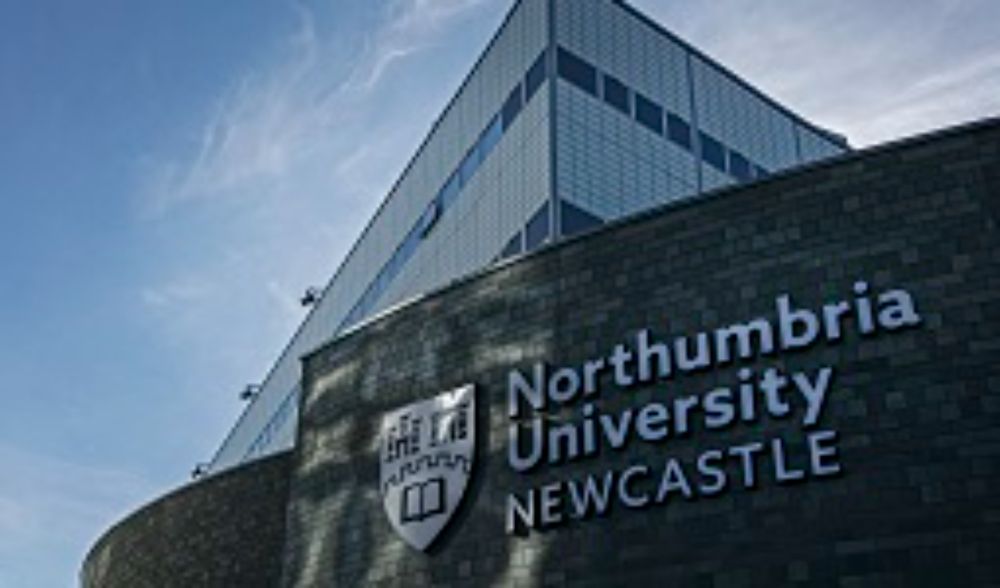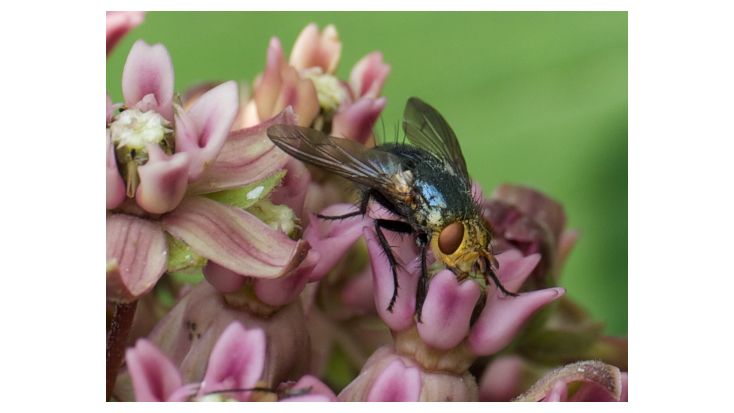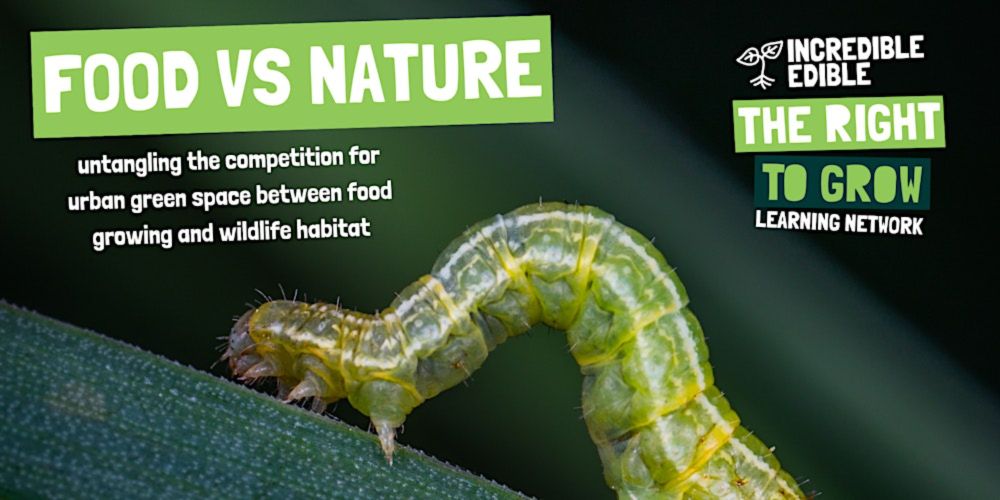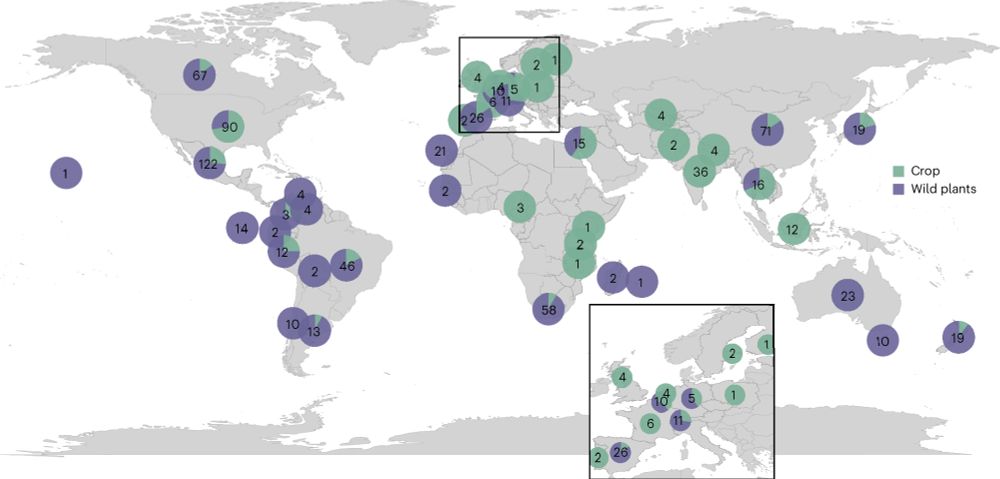
Pollinators 🐝🦋🌸
Conservation
Urban ecology
Ecological networks
#wiasn
Personal account | She/her
📅 13 May 2025
⌚ 5.30pm - 6.30pm
📍 City Campus East, Northumbria University, Newcastle
💡 Discover more and register FREE here:

📅 13 May 2025
⌚ 5.30pm - 6.30pm
📍 City Campus East, Northumbria University, Newcastle
💡 Discover more and register FREE here:

🌍🐝🐞 Protecting all pollinators is essential for our ecosystems and food security."
www.psu.edu/news/researc...

🌍🐝🐞 Protecting all pollinators is essential for our ecosystems and food security."
www.psu.edu/news/researc...
I'm speaking - obviously suggesting its not a conflict 🧐- do join us
@incediblebarnet.bsky.social
@sustainweb.org
@gardenorganicuk.bsky.social
@permaculturemag.bsky.social
#Community_growing www.eventbrite.co.uk/e/food-vs-na...?



